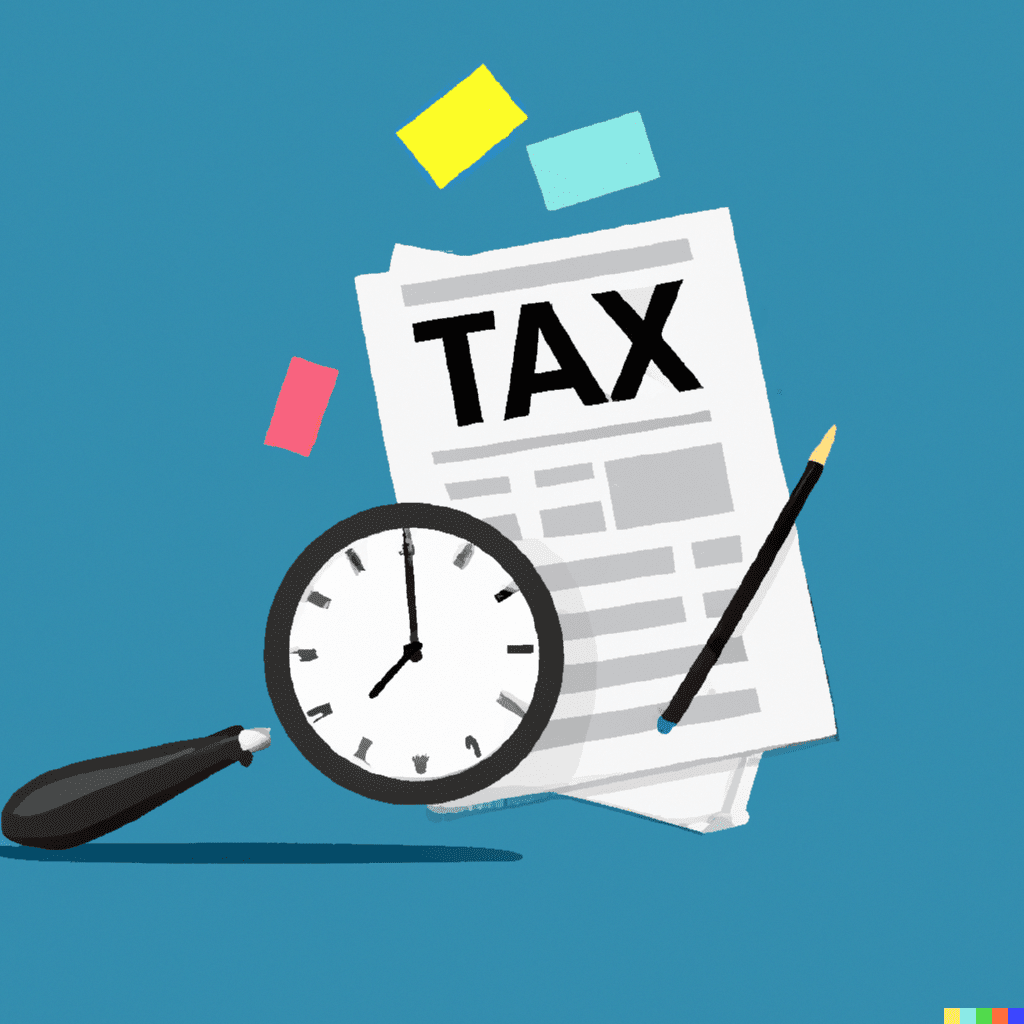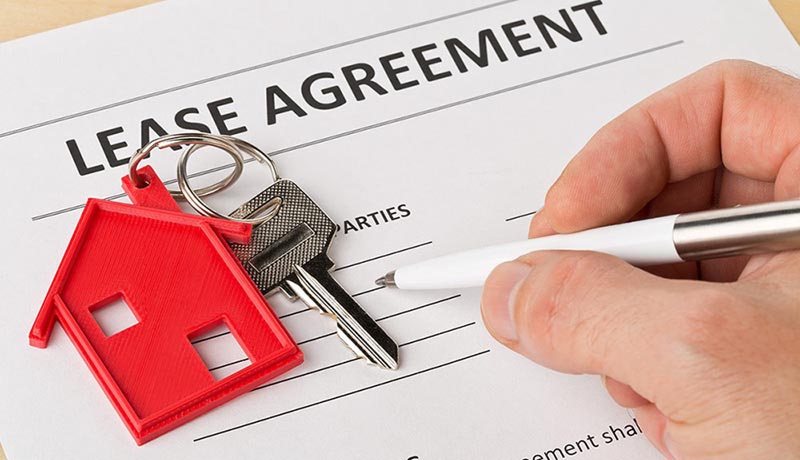Thailand Income Tax

Thailand income tax system is applicable to both residents and non-residents, with income earned within the country subject to tax. The tax system encompasses personal income tax (PIT) for individuals, corporate income tax (CIT) for businesses, and withholding taxes for certain types of income. The rates and thresholds vary depending on factors such as residency status, type of income, and the taxpayer’s earnings.
1. Residency and Taxation
In Thailand, income tax liability is determined by residency status. A person is considered a tax resident if they reside in Thailand for 180 days or more during a calendar year.
a) Resident Taxpayers
Tax residents are taxed on their worldwide income. This means that income earned both within Thailand and abroad is subject to Thai taxation. However, income earned abroad by residents may be exempt if it is not remitted to Thailand within the same calendar year it was earned.
b) Non-Resident Taxpayers
Non-residents are taxed only on their Thailand-sourced income. For example, if a non-resident earns income from work performed in Thailand, that income is subject to Thai income tax.
2. Personal Income Tax (PIT)
Personal income tax applies to income earned from various sources, including employment, professional services, rental income, dividends, and capital gains. Thailand uses a progressive tax rate system, where higher income is taxed at higher rates.
a) Taxable Income Categories
Thailand divides taxable income into eight categories, each subject to different rules for allowances and deductions:
- Employment income (salaries, wages, bonuses).
- Business income (professional services, self-employment).
- Investment income (dividends, interest).
- Rental income.
- Royalties.
- Capital gains from the sale of property or securities.
- Pensions and annuities.
- Other income, such as prizes and lottery winnings.
b) Personal Income Tax Rates
The progressive tax rates in Thailand for personal income range from 0% to 35%. The following brackets apply:
- 0%: Up to THB 150,000.
- 5%: THB 150,001 – THB 300,000.
- 10%: THB 300,001 – THB 500,000.
- 15%: THB 500,001 – THB 750,000.
- 20%: THB 750,001 – THB 1,000,000.
- 25%: THB 1,000,001 – THB 2,000,000.
- 30%: THB 2,000,001 – THB 5,000,000.
- 35%: Over THB 5,000,000.
c) Allowances and Deductions
Thai tax law provides for various personal deductions and allowances that reduce taxable income, such as:
- Personal allowances for individuals and dependents.
- Spouse and child allowances.
- Retirement contributions, such as payments to the Social Security Fund or Provident Fund.
- Mortgage interest for first-time homebuyers.
3. Corporate Income Tax (CIT)
Corporate income tax applies to companies and juristic persons conducting business in Thailand. The standard CIT rate is 20%, though small businesses may benefit from reduced rates.
a) Tax Residency of Companies
A company is considered a tax resident if it is incorporated in Thailand. Tax-resident companies are subject to tax on their worldwide income, while foreign companies with branch offices in Thailand are taxed only on their Thailand-sourced income.
b) Tax Rates for Small and Medium Enterprises (SMEs)
SMEs may enjoy reduced tax rates depending on their net profit:
- 0% tax on net profits up to THB 300,000.
- 15% tax on profits from THB 300,001 to THB 3,000,000.
- 20% on profits over THB 3,000,000.
c) Deductions for Corporate Income
Businesses are allowed to deduct reasonable business expenses, depreciation, and interest payments. Additional incentives may be available under the Board of Investment (BOI) promotion or Special Economic Zones (SEZs), which can offer tax holidays, duty exemptions, and other benefits for qualifying industries.
4. Withholding Tax (WHT)
Withholding tax is collected at the source for certain types of income, such as payments to contractors, interest, dividends, and rent. The applicable withholding tax rates vary based on the type of income and the residency status of the taxpayer.
a) Domestic Withholding Tax Rates
- Dividend payments: 10%.
- Interest payments: 15%.
- Service payments to individuals: 3%.
b) Withholding Tax for Foreigners
When payments are made to foreign entities, withholding tax rates can range from 5% to 15%, depending on the type of payment and whether a tax treaty exists between Thailand and the recipient’s home country.
5. Double Taxation Agreements (DTAs)
Thailand has signed Double Taxation Agreements (DTAs) with over 60 countries to prevent taxpayers from being taxed on the same income in two countries. These agreements allow for the offsetting of tax paid in one country against tax payable in another, often reducing the total tax liability for individuals and companies engaged in cross-border transactions.
6. Filing and Payment of Income Tax
a) Personal Income Tax Filing
Personal income tax returns are filed annually, with the tax year running from January 1 to December 31. The deadline for filing personal tax returns is typically March 31 of the following year.
b) Corporate Income Tax Filing
Corporate income tax returns must be filed within 150 days of the end of the company’s fiscal year. Companies are also required to make interim tax payments if their estimated annual tax liability exceeds THB 200,000.
Conclusion
Thailand’s income tax system is comprehensive and applies to both individuals and corporations, with rates and liabilities varying based on residency status and income source. Foreigners residing in Thailand are subject to worldwide income taxation, while non-residents are taxed only on Thai-sourced income. Additionally, Thailand’s tax framework includes withholding tax, corporate tax, and relief through double taxation agreements. Understanding these rules and leveraging available deductions is crucial for managing tax liabilities effectively in Thailand.
